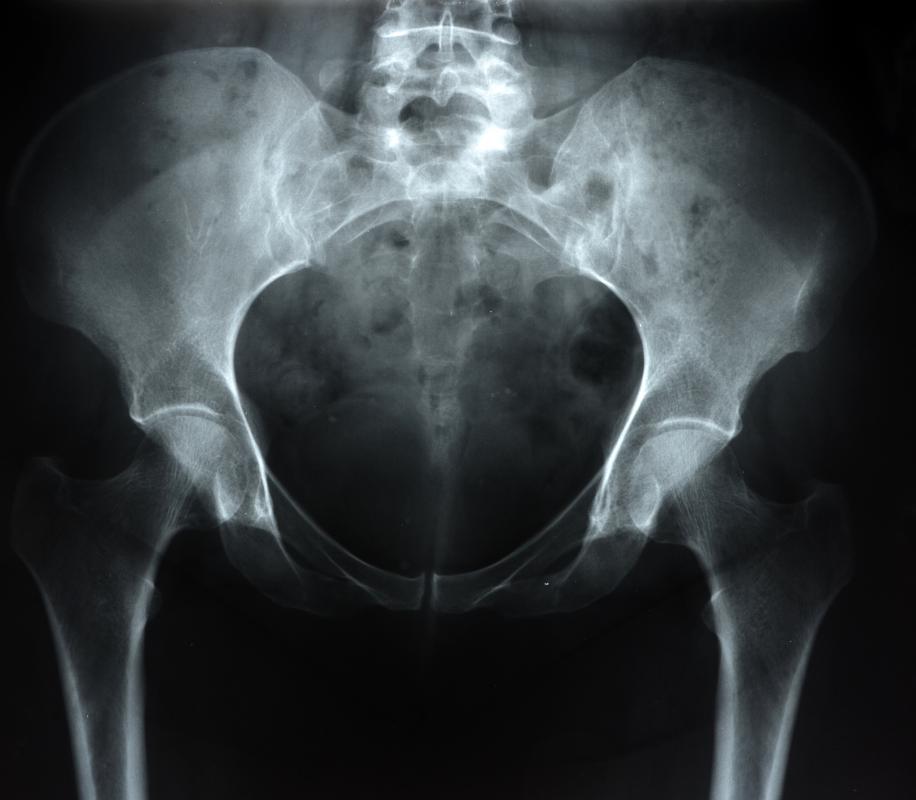At TheHealthBoard, we're committed to delivering accurate, trustworthy information. Our expert-authored content is rigorously fact-checked and sourced from credible authorities. Discover how we uphold the highest standards in providing you with reliable knowledge.
What is Pelvic Congestion?
Pelvic Congestion Syndrome (PCS) is a medical condition that typically affects women who have not yet entered menopause. It is usually associated with chronic pelvic pain, however some women may not experience symptoms. The condition is caused by enlarged veins in the groin and lower abdomen area. Varicose, or enlarged veins, are caused by the backward flow and pooling of blood. This stretches the veins and can cause pain, especially when it occurs near nerves.
Pain in the lower abdominal area is the most common symptom of pelvic congestion. It may worsen during or following intercourse, after prolonged standing, and immediately prior to the menstruation cycle. Women may also notice vaginal discharge, painful menstruation, and a swollen vagina. Other symptoms are tenderness in the lower abdomen, backache, and varicose veins in the legs, as well as depression and a general feeling of lethargy.
It is not known exactly what causes these varicose veins to develop. Often, the condition is associated with pregnancy. It is possible that pregnancy causes the vein walls to weaken and become more susceptible to damage.
The hormone estrogen, which increases during pregnancy, may also weaken the veins. Pregnant women also gain weight and may retain fluid. This can cause the veins to become engorged with blood.
Patients who suspect they may have pelvic congestion may undergo a series of tests for proper diagnosis. The doctor may order an ultrasound, which can detect any abnormalities. X-rays can also be helpful.

The course of treatment for pelvic congestion varies, depending on what symptoms the patient experiences and how painful it is. Sometimes, over-the-counter medications, like ibuprofen or naproxen, are all that is needed to relieve symptoms. If these drugs are insufficient to alleviate the discomfort, the patient may explore prescription pain medication options.

People who wish to avoid prescription painkillers, or who experience adverse side effects from them, may consider taking an antidepressant. Antidepressants may be helpful in relieving discomfort. They can also help treat any anxiety and depression that the patient experiences from pelvic congestion.
Some patients may also explore other solutions, including alternative remedies. Acupuncture can be one method of coping with the pain. The doctor may also recommend physical therapy or transcutaneous electrical nerve stimulation (TENS), which deadens the pain impulses received by the nerves.

If other treatments are unsuccessful, surgery may be a method of addressing pelvic congestion. Surgical approaches involve removing the varicosities, or areas of enlargement. Embolization may also be an option. This procedure involves plugging the blood vessels and subsequently allowing them to gradually subside. Before undergoing any procedure, the patient should discuss all the potential risks with the surgeon.
AS FEATURED ON:
AS FEATURED ON:














Discuss this Article
Post your comments